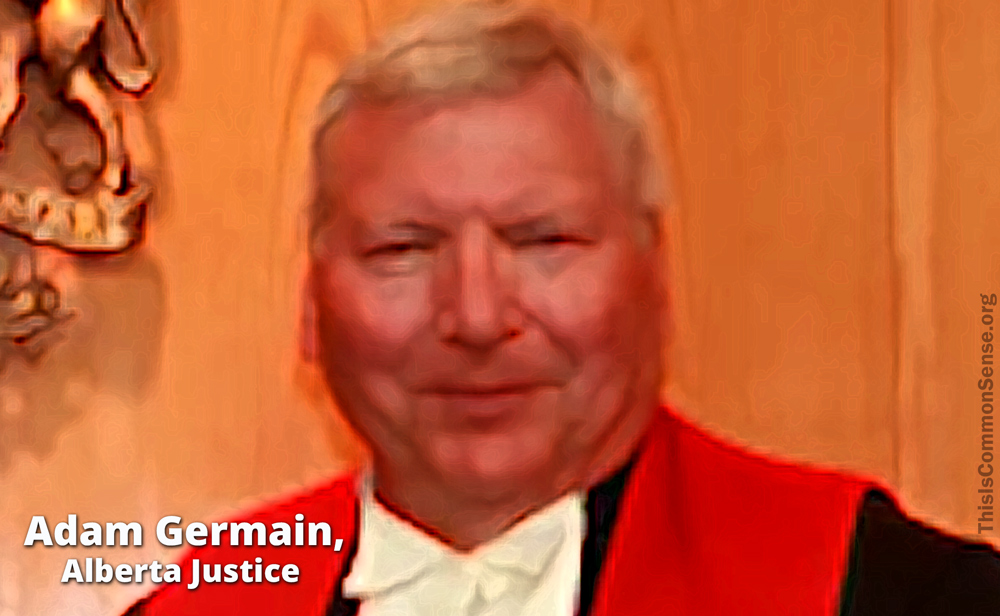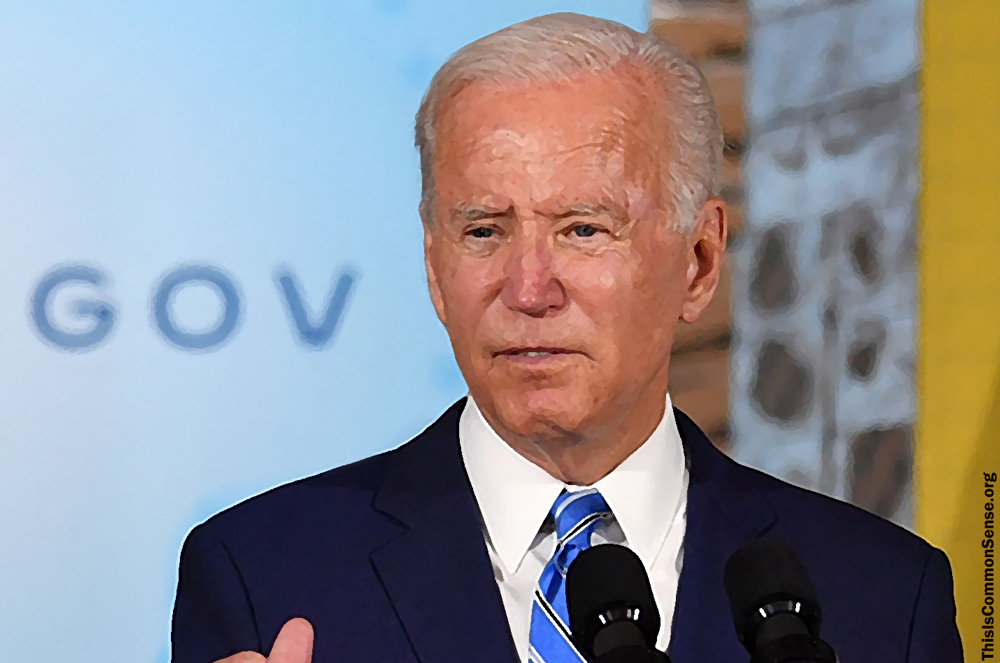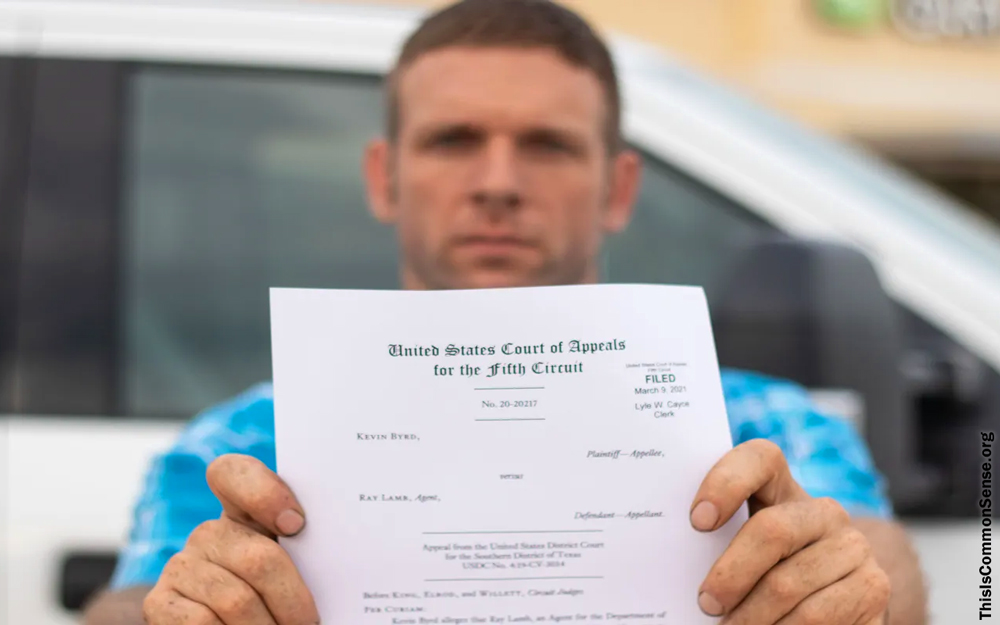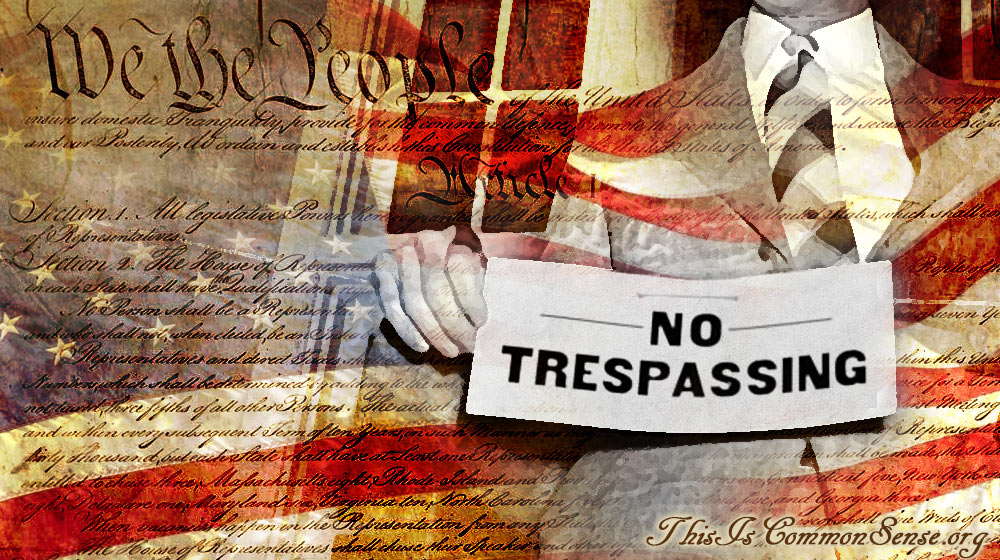In October, Pastor Artur Pawlowski, who had been jailed during the pandemic for holding church services in Calgary, Alberta, was ordered as one condition of his probation to always append a statement of official government doctrine to his own public uttering of opinions about pandemic policy.
According to the October 15 ruling by Alberta Justice Adam Germain, when “exercising [their] right of free speech” to speak against lockdowns and vaccines, Artur Pawlowski, his brother Dawid, and Whistle Stop Café owner Chris Scott must also recite a disclaimer.
It reads, in part: “I am obliged to inform you that the majority of medical experts favour social distancing, mask wearing, and avoiding large crowds to reduce the spread of COVID-19. Most medical experts also support participation in a vaccination program.”
Pastor Pawlowski told Fox News that he would “not obey this court order” to self-denounce, and he likened the issuing court’s proceedings to the judicial proceedings of the Soviet Union.
“This crooked judge wants to turn me into a CBC reporter or CNN reporter, that every time that I am in public, every time I’m opening my mouth, I am to pray their mantra to the government.”
On November 25, Justice Jo’Anne Strekaf of Alberta’s Court of Appeal lifted this order compelling specific speech, which Justice Germain pretends is compatible with freedom of speech. Whether this latest ruling is permanent depends on what happens at a June 14, 2022 hearing.
Until then, at least, the creepy order has been suspended.
This is Common Sense. I’m Paul Jacob.
—
See all recent commentary
(simplified and organized)





